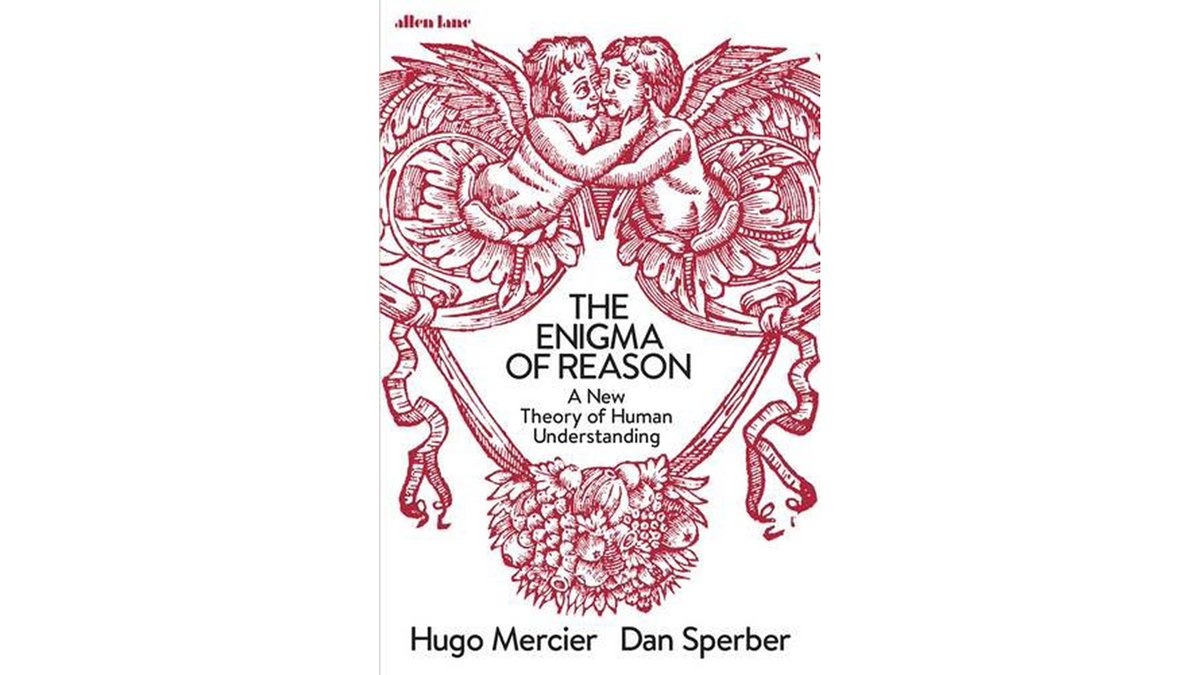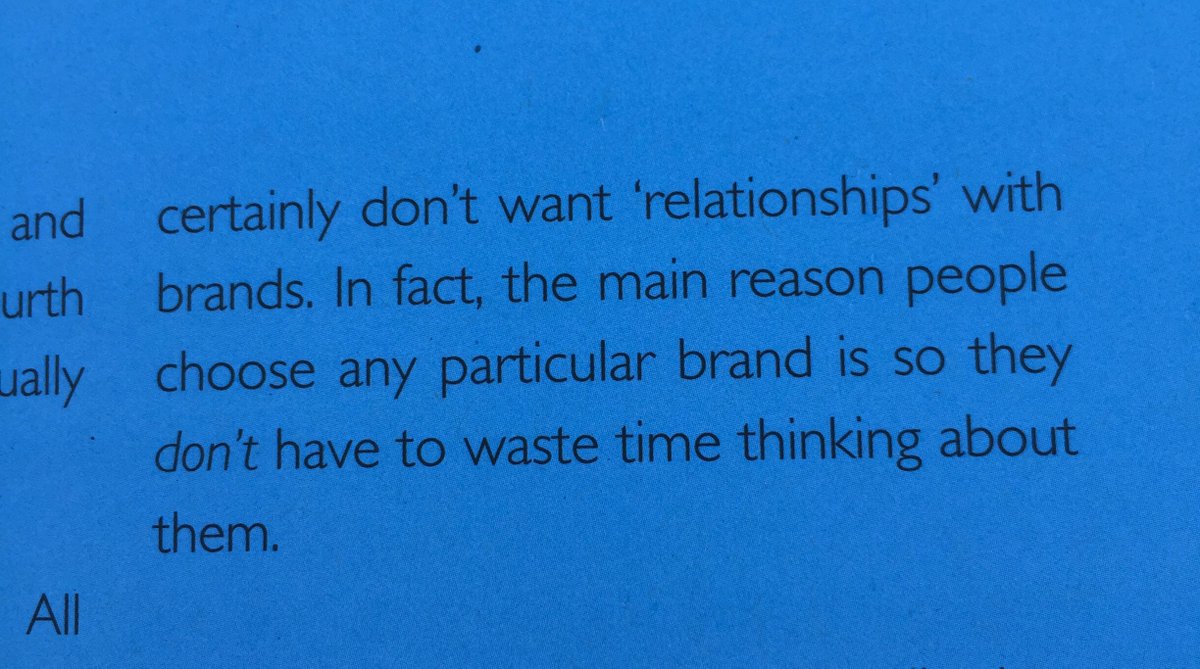Here are my notes from the #book.

Social interactions are low trust because each party has an incentive to take the advantage of the unsuspecting one.
A person could produce reasons to satisfy his claim while the other could get convinced by it.
With reasons, you don't have to take people on face value. You can being trusting reasons, not them.
Why CONFIRMATION BIAS exists? The one producing reasons will always have a self-serving bias because he will always want to promote his interests and beliefs.
The inherent self-serving bias in our thinking is because it never evolved to find truth.
First reasons that come to mind are always the easy ones. Brain wants to preserve resources so it will always try to start with the easiest reason that will convince the listener before investing further in thinking of more reasons.
Because multitude of reasons emerge in a discussion which aren't available to any individual brain.
Also, a single brain is riddled with self interest bias.
Because in corporate settings, the primary consideration is not finding good outcomes / ideas but allegiance or social likeness. Enough criticism isn't put up against others and without criticism, ideas don't get polished.
Because scientists have to anticipate the harshest criticism their peers could put up with because that is what happens. Science is a group discussion between peers happening at a global scale.
I really like the hypothesis and evidence that reasoning evolved in an interactionist context to convince others, and not in intellectual, truth-seeking context.








